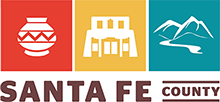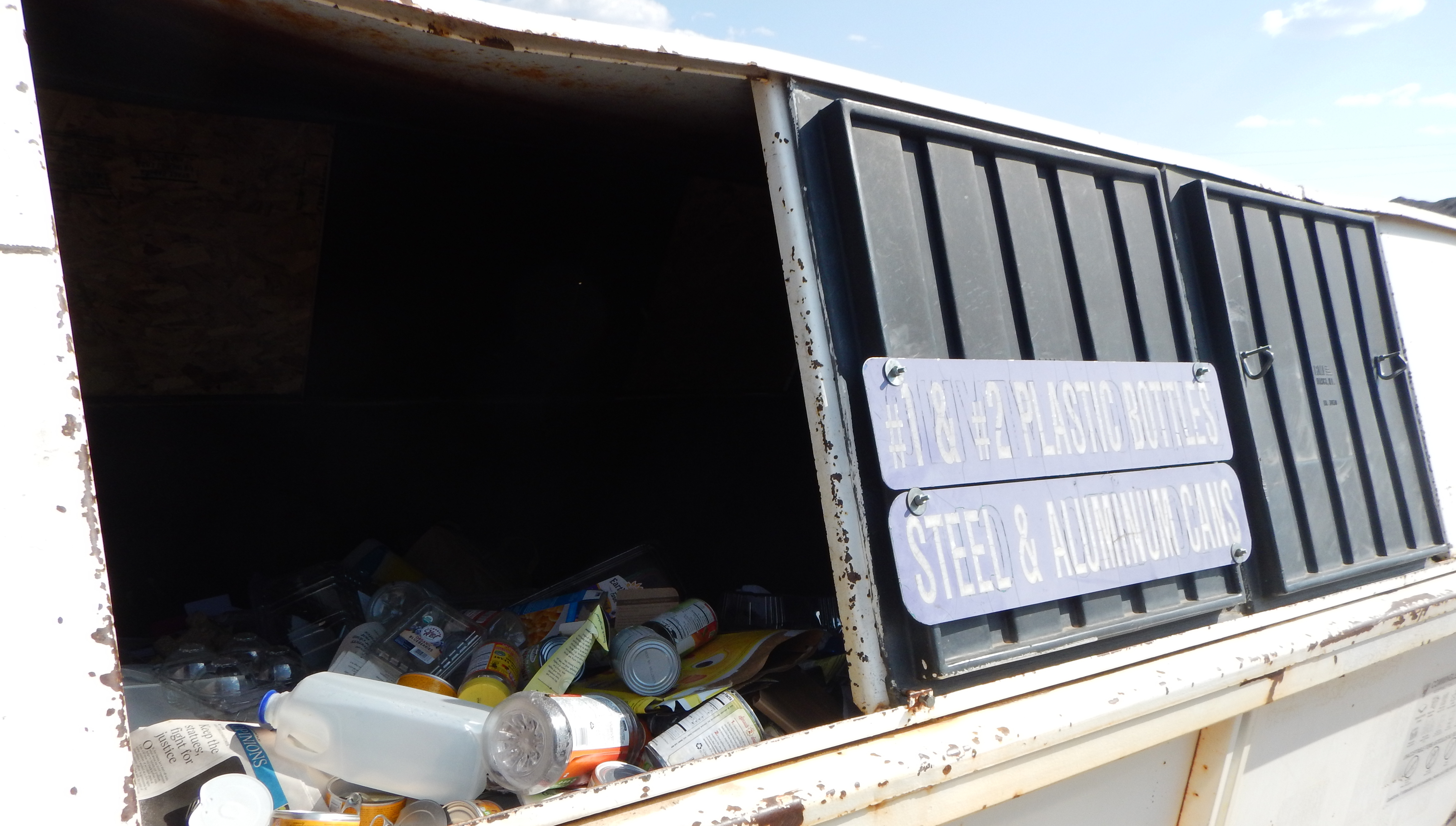![]()
Reduce, Reuse, Recycle
First reduce, then reuse, and then recycle!
Announcement: Single-Use Plastic Product Ordinance
On March 26th, Ordinance 2024-06: An Ordinance Prohibiting the Use of Single-use Plastic and Expanded Polystyrene Products in Santa Fe County; Encouraging Use of Reusable Bags; and Establishing Enforcement and Penalties for Violation, was passed unanimously by the Board of County Commissioners. Public comments were heard by community members sharing their concerns and support for the new ordinance. The ordinance passed following a year-long investigation into the ban by passionate community members serving on the Single-use Plastics and Polystyrene Working Group, their final report is available for the public here. The ordinance comes into effect on September 23, 2024.
Frequently Asked Questions - FAQ
What is the reason for the Single-Use Plastic Product Ordinance?
The production and disposal of single-use plastic bags, single-use polystyrene containers, and single-use food ware products. Single-use polystyrene containers create non-recyclable and non-degradable refuse streams while more environmentally sensitive alternatives are available. The purpose of this Ordinance is to protect and enhance the County's unique and precious environment, wildlife, and beauty through the reduction of single-use non-compostable, or non-recyclable bags and containers, and to encourage the use of reusable or sustainable options.
What items are impacted by the Ordinance?
The Single-Use Plastic Product Ordinance prohibits retail establishments from providing the following items:
1. Single Use Plastic Bags (such as plastic carryout bags used to transport groceries, food and other goods)
2. Styrofoam (expanded polystyrene) plates, cups and food containers
3. Single Use Plastic Stirrers (such as those used to mix hot or cold beverages)
4. Plastic Splash Guards (such as cup lids)
Additionally, retail establishments are prohibited from providing the following items unless requested by the customer.
5. Single Use Plastic Straws
6. Single Use Plastic Utensils
7. Condiment Packets
Which retailers have to phase out single-use plastic and styrofoam products?
Retailers are prohibited from distributing single-use plastic and styrofoam products effective September 23rd, 2024 (retailers have 180 days from when the ordinance is recorded to use up current inventory and phase out single-use plastic and styrofoam products.)
With few exceptions the ordinance applies to all retail establishments including:
• Convenience Stores
• Restaurants
• Grocery Stores
• Pharmacies
• Food Trucks
• Home Improvement Stores
• Liquor Stores
• Gas Stations
• Seasonal or Temporary Businesses
• Farmers Markets or Farm Stands
• Food or Good Delivery Service Providers
• Other Merchandise or Dry Good Establishments
Are there any exemptions for businesses?
Yes, food banks and dry cleaners are not considered retail establishments under this ordinance and are not required to phase out single-use plastic and styrofoam products.
Is my business prohibited from providing all types of single-use plastic and styrofoam products?
Retail establishments are prohibited from providing single-use plastic bags or any other bag or box that is not a reusable carryout bag, recycled content paper bag, or recyclable cardboard box for the purpose of carrying groceries food, or other goods from the point of sale.
Some single-use plastic bags are exempted including:
1. Pre-check out bags (such as those used to contain loose items, uncooked meats or to prevent contamination.)
2. Bags provided for takeout food with a high liquid content or potential for leakage and are intended for consumption away from the retail establishment’s premises.
3. Laundry, dry cleaning, or garment bags.
4. Bags for transporting live animals.
5. Bags for transporting chemical pesticides or other toxic chemicals.
6. Bags for protecting delivered newspapers.
7. Plastic wrappings/bags used by manufacturers for packaging prior to sale
What alternative products can my business use?
Retail establishments are encouraged to provide the following alternatives to single-use plastic and styrofoam products:
1.) Reusable Carryout Bags (defined as a bag that is intended for multiple uses and is made of cloth, machine-washable fabric, polypropylene, or recycled-content polyethylene terephthalate and has stitched handles.)
2.) Recycled Content Paper Bags (defined as a paper bag that contains a minimum of forty percent post-consumer recycled content and is one hundred percent recyclable.)
3.) Recyclable Cardboard Boxes.
4.) Reusable plates, cups, and containers made from materials other than polystyrene (styrofoam)
5.) Compostable/biodegradable food service ware.
Paper bags are more expensive than plastic bags. How is my business expected to cover the cost?
Retail establishments are encouraged but are not required to charge a fee for recycled-content paper bags. Charging for single-use bags and keeping the bag fee funds can help offset the cost of purchasing paper bags. Additionally, businesses have to provide fewer bags when customers bring their reusable bags reducing costs.
Retail establishments are encouraged to wave bag fees for any persons with a voucher or electronic benefits card issued under the Women, Infants, and Children Program (WIC), the Emergency Food Assistance Program (TEFAP), Temporary Assistance to Needy Families Program (TANF), or the federal Supplemental Nutrition Assistance Program (SNAP.)
The Single-Use Plastic Product Ordinance goes into effect on September 23rd, 2024. How long does my business have to use up existing supplies of plastic bags, single-use plastic, and styrofoam products?
The Single-Use Plastic Product Ordinance was recorded by the Santa Fe County Clerk on March 27th, 2024. Retail establishments have 180 days from this date to use up their existing inventory of prohibited products.
Reduce & Reuse
In the United States, we generate more trash than any other country in the world. Each person in the United States produces 2,600 pounds of trash per year. Imagine if your trash was not collected and landfilled by a local government. Collecting and disposing of waste is one of the highest expenses for local governments—that means tax dollars. Recycling is good for resource conservation, but transporting recyclables to manufacturers poses many problems too. That is why the best way to manage waste is not to produce it in the first place.
Tips for reducing the trash you generate
- Pack a waste-free lunch. Use jars or other reusable containers instead of packaging in single-use plastic bags.
- Purchase cloth napkins instead of disposal ones. Use metal cutlery and reusable lunchboxes instead of disposable bags.
- Learn to repair your things. Frequently a straightforward fix can make a broken item last a lot longer, and with the internet so accessible, instructions for most repairs can easily be found online.
- Cancel unnecessary mail. No one likes junk mail! Do an online search for how to cancel junk mail in your region. You will find options to enter your name and address to opt out of unwanted catalogs and other junk mail.
- Avoid disposable plastics. Every time you leave your residence, make sure you remember your reusable water bottle. Not only will this save you money, but you will avoid consumption of any plastic chemicals that may have leached from the bottle into the water.
- Avoid paper cups. Paper cups are not recyclable because of the petroleum-based liner that keeps the paper from getting wet. Every year, in the United States, we consume enough paper cups to fill the Empire State Building 49 times. Reduce your impact by bringing your own cup. Most coffee shops offer a discount when you do!
- Keep finding new ways to reduce your waste. Remember that reducing waste is different for everyone. What works for one person may not work for another.
Tips for reusing items
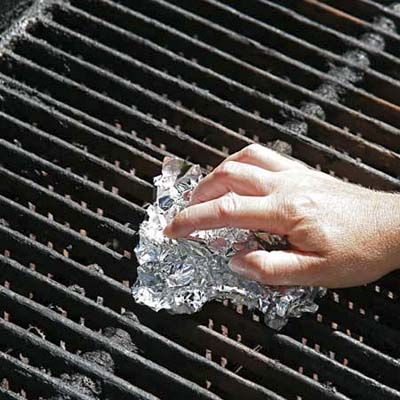 |
Aluminum foil: Take your used foil and give the grill a good scrub when you’re done cooking. |
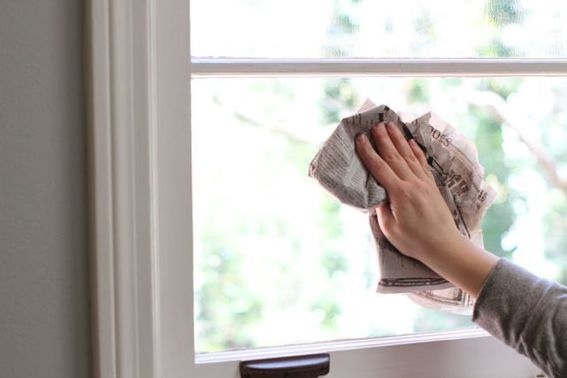 |
Newspaper: Use newspaper on your windows for a streak-free clean! |
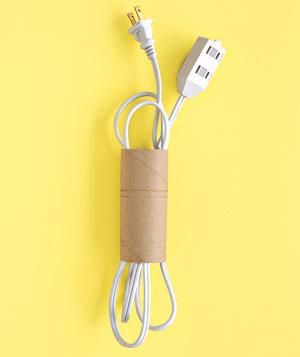 |
Paper towel & toilet paper rolls: Get that drawer of cords organized but folding them around these tubes. Many preschools and children's centers will accept them for crafts. Also, they help aerate compost |
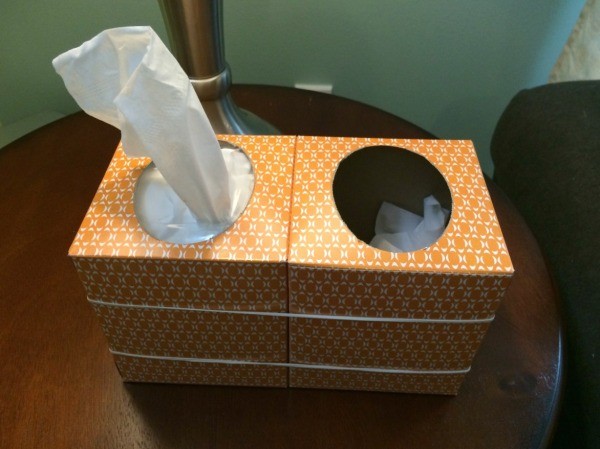 |
Tissue boxes: These work great as a garbage receptacle on the bathroom counter. |
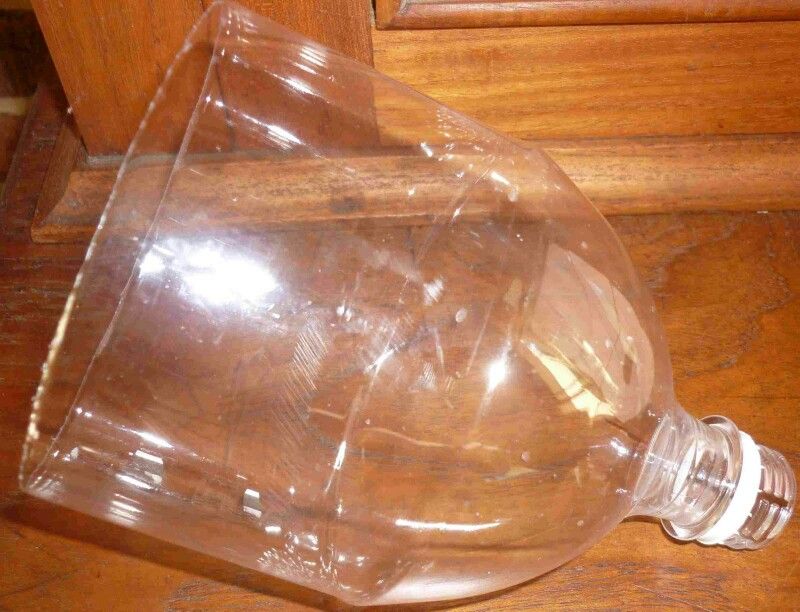 |
Plastic bottles: Cut off the top to create a funnel. |
Recycle Right
Recycling helps the planet and can even save you money! It is free to drop off household recycling, like plastic bottles, cardboard, glass, and aluminum, at any County convenience center.
Check out the links below for local recycling guidance!
- Santa Fe County Recycling: Santa Fe County Solid Waste accepts recycling at six convenience centers throughout the County. Visit the County recycling page to learn more about what is accepted.
- Santa Fe County Recycling Flyer: This flyer is available in English and Spanish for a quick reminder of what is accepted in the mixed recycling bin at County convenience centers.
- City of Santa Fe Recycle Coach: This application allows you to search for recycling instructions by item. City and County residents follow the same guidelines for mixed recyclables that are collected curbside by the City or in the mixed recycling bins at County convenience centers. Not sure if you can recycle that yogurt container or milk carton? Ask the Recycle Coach!
- Santa Fe Solid Waste Management Agency (SFSWMA): SFSWMA operates the Buckman Road Recycling and Transfer Station (BuRRT). This facility accepts recycling and trash from County residents. Accepted materials include household hazardous waste, appliances, electronic waste, green waste, scrap metal, tires, glass, and mixed recyclables. Fees apply to certain materials. Visit the SFSWMA website or call (505) 820-0208 for details.
Recycling Tips
- Know what goes where. Recycling guidelines vary by location depending on the equipment that is available. The City of Santa Fe and Santa Fe County follow the same recycling guidelines. Click here to learn what is accepted for recycling in the County. Contamination in recycling bins can impact worker safety, damage equipment, and result in material being sent to the landfill. When in doubt, throw it out!
- Check the size. Items smaller than a post card cannot be handled by the recycling facility and should be composted or landfilled. Shredded paper may be placed in a clear plastic bag for recycling.
- Clean it out. Make sure recyclables are empty, clean, and dry.
- Do not bag recyclables, except for shredded paper. Place recyclables loose in the appropriate container. The only exception is for shredded paper, which should be placed in a clear plastic bag.
Contact
Michael Carr
Sustainability Specialist
mcarr@santafecountynm.gov
(505) 995-9515
